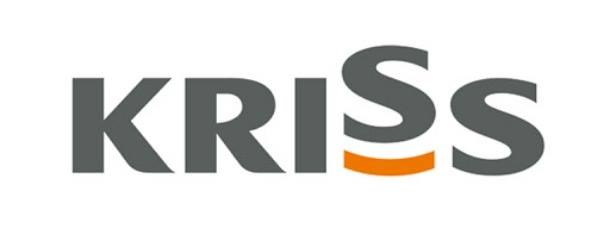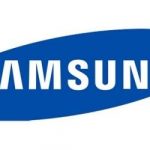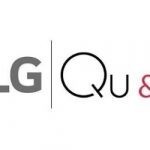KRISS Develops World’s First Niobium-based Superconducting Nano-device that Can Be Used in Quantum Computer

(BusinessKorea) The Korea Research Institute of Standards and Science announced on April 14 that it developed the world’s first niobium-based superconducting nano-device that can be used in a quantum computer.
A quantum computer processes data by quantum bit computing unlike binary computers. It is capable of quickly handling tasks unresolvable with existing computers using a quantum mechanical phenomenon such as quantum superposition and, as such, is emerging as an information and communications infrastructure technology of the next generation.
Required for the purpose of quantum state control is a superconductor device having no electrical resistance at an extremely low temperature close to the zero absolute temperature, that is, 273.15 degrees Celsius below zero. Both aluminum and niobium show superconducting properties at that temperature and niobium in particular is being widely studied as a superconducting nano-device as it is relatively less affected by environmental factors such as temperature and magnetic field.
The nano-device can be used at 269.15 degrees Celsius below zero and an external magnetic field of 0.8 Tesla. According to the institute, these conditions are superior to the operating environments of existing aluminum devices of 272.15 degrees Celsius below zero and an external magnetic field of 0.01 Tesla.
“We are planning to develop an optical signal converter for remote quantum information device connection with the niobium-based superconducting nano-device,” the institute explained, adding, “The technology will be usable for high-precision spin detection, quantum computer devices, and so on.”



















